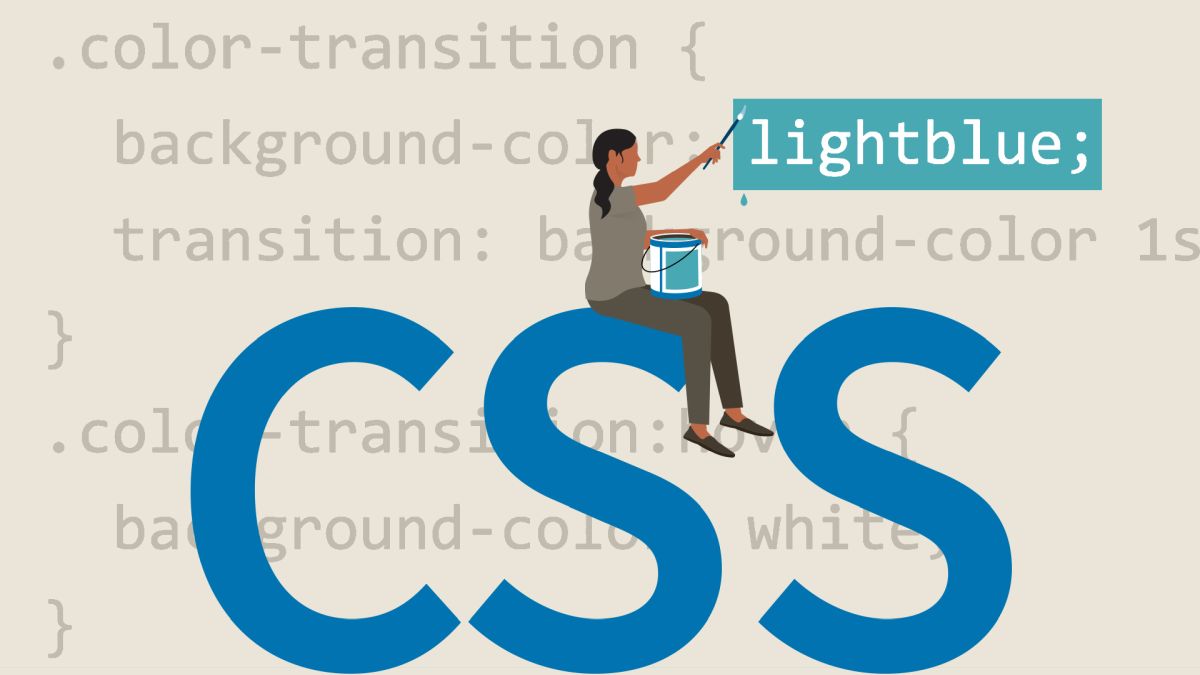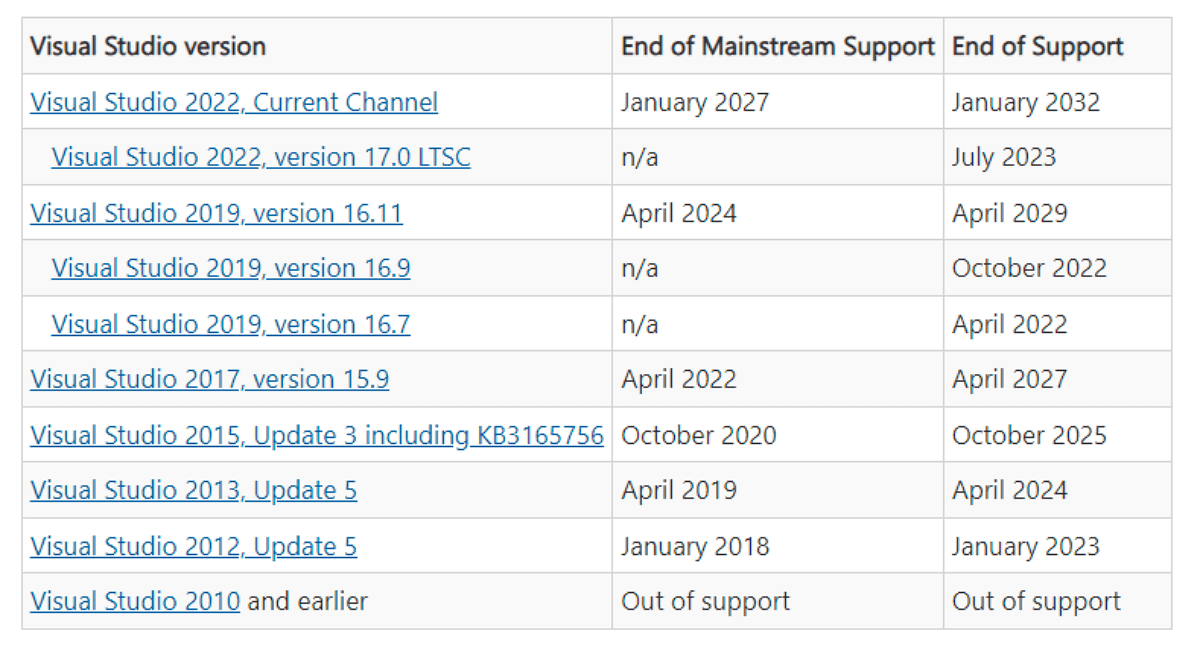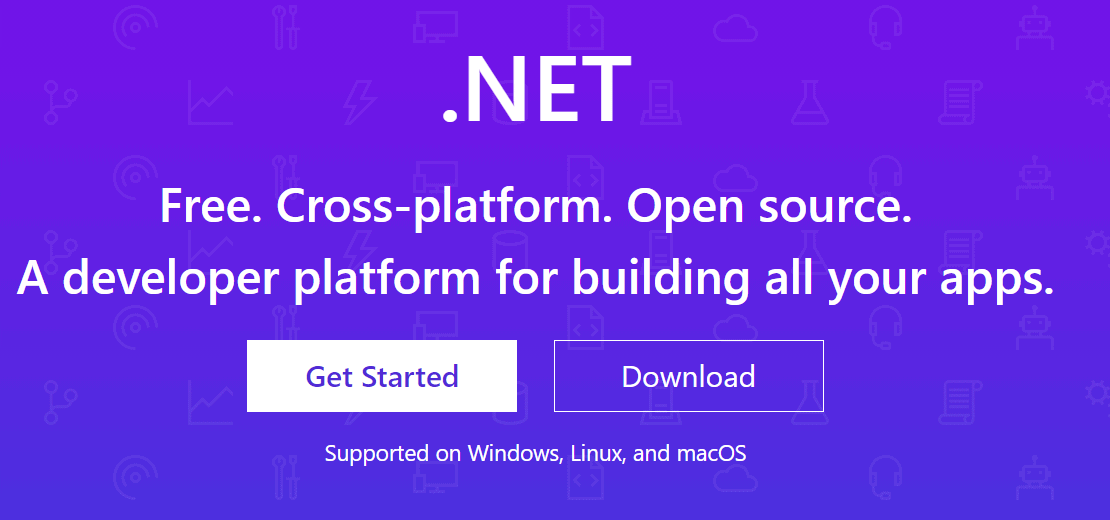Why Website Investments Are Better Than Stock Market Investments
Investing money requires research, lots of research. That's true for the stock market, website investments and other forms of investments. Once you have done your research, you can make an educated guess about the investment. What are the risks? What's the worst case scenario? Which return can I expect when I calculate conservatively? Lets say you have 10,000 Dollars that you would like to invest. You have several options. You could put it in a bank account and get a few percent on top of that per year. Barely enough to break even if you include inflation in your calculation. Even with a 5% increase you would end up with 10,500 after the first year, minus taxes and inflation. But you can be sure that the money is still there after the year, that is, unless the bank files for bankruptcy.
The stock market is different. You need to research stocks a lot before you invest your money. And that's where the problems start. You could invest into a fund but would need to do research on that fund as well, or hand the money over to your contact at your bank and ask them to invest. If you are lucky, you may get a 20% or even 30% increase over one year. If you are unlucky, you may end with 0 Dollars. The most likely outcome is the +/- 20% range. If you get 20% you end up with 12,000 Dollars after one year, minus taxes and brokerage fees. You may also get a dividend on top of that. Problem is, you do not have the money yet. You need to sell your stock. (Please note that expert traders may have much higher returns, the average Joe on the other hand will usually end up with less money). And you do not get that extra 20% or whatever directly into your bank account.
Investing In Websites
Lets take a look at website investments for a minute. I'd like to share two first hand experiences with you. I bought a site about six months ago for 400 Dollars. It generated a revenue of approximately $40 per month from Adsense and Amazon. I paid another $200 Dollars to get guides and articles updated, and fresh contents on the site, and another $400 so far for SEO.
That's an investment of 1,000 Dollars. The site is now raking in $60 Dollars per month and climbing to new heights ever since. If it sticks with 60 Dollars I will end up with 720 Dollars after one year's time. That's a 72% increase in the first year. If I would not have done anything it would probably have returned $480 in its first year, which is a 120% return on the investment.
The second site was more expensive. I paid 23,000 Dollars for it. It earns between $2000 and $3000 Dollars per month. I plan to do light SEO and content generation on that site for about 200 Dollars per month. My first year investment is therefore 23,000 + 2400 = 25,400 Dollars. The money I earn from the investment is conservatively $2000 per month, that times 12 is 24,000 which is almost a 100% return of my investment. Even if all hell breaks lose and the site drops to $1000 per month, I would still earn 12,000 from it which would be more than 40% return.
And that's money that I get right into my bank account.
Websites rise in value not only if their revenue increases, but also if other factors change. And one of those factors changes without the user's doing: Age. A track record of constant earnings over a longer period of time will usually result in a higher selling price.
Websites, like stocks, can crash badly. Most websites rely on Google, Bing and other search engines for the majority of traffic. A ban on Google could seriously hurt the earnings of a website. You'd still have opportunities like PPC but that would require another investment and thorough research.
It is still possible to burn all your money on a bad investment. I see offers for new websites with 100 visitors that are supposed to earn 1500 Dollars per month every day. You will encounter black sheeps among the sellers, which you often can get rid of by looking at a website's track record of traffic and earnings. If the seller is only providing information about the last month or two, you can almost be sure that something fishy is going on. One of the tricks of those sellers is to drive extra traffic to the website in the first month to make it look like it is getting good traffic and earnings. Once you buy the site, the traffic stops and you end up with an almost worthless website. It is possible to spot those if you get access to the stats of a site.
I'm not saying that website investments are the best option for everyone. You need some knowledge in the field, not only when doing your research and evaluation, but also technical knowledge later to move the website and set it up on one of your servers or hosting accounts. I do all that by myself but you could hire someone to do the job. That again costs money.
For me personally, investments in websites are the way to go forward. I have the expertise to evaluate them and the technical know how to maintain them after they have been purchased.
If you do proper research, your websites will return between 40-100% of your investment after one year's time. Even if it crashes in the search engines, you can still work on it to improve the rankings again.
That's another difference to the stock market. Once you have made your purchase there, you are a passive bystander hoping for the best. With your website, you can actively promote and optimize it.
Here are two good sites to get you started with web investments: Flippa.com is probably the best known marketplace for web properties. You find many professional buyers and sellers there, and it is rare that you can make a bargain purchase there. It happens, but it is rare and you need to be fast. Despite its quality, you find many lukewarm and some fraudulent offers on that site.
A second place to buy domains is the Digital Point forum. You usually get less stats and information about a website, and more fraudulent or lukewarm offers because of this. Sites here tend to go for a lower price though and you may end up paying less. Some webmasters buy on DP, optimize for a month or so and sell for a premium on Flippa. That's called site flipping.
You will find other sites where you can buy domains, eBay for instance or Sedo. Good sites there sell for a lot of money.
Where do you invest your money in?


















One issue with buying websites is that they can loose income as competition steps in.
There is no guarantee of stable income. Hence if competition increases, your income could continue to shrink considerably.
Also as you pointed out, traffic can disappear overnight depending on how it is derived.
Yes you can make good returns, but due to many risks i believe that is why website valuations are not higher than they are.
At least with the stock market and real estate, they have predictable returns over the long term and will not go to zero. This is not the case with websites. Of course the stock market and real estate can have severe short term moves, but if were to hold for the long term you will (eventually) make some money.
In my opinion if one is going to buy websites, it must be done with a short term outlook. One cannot just buy it and expect it to sit there and bring in consistent income month after month.
Your points are all valid Jojo. That’s why it is important to analyze sites thoroughly to minimize risks. Sure, a competitor can step in at any time, but if you buy an established website, it is harder for them to get traction. If a site performed well the last 2 years, it is unlikely — but still possible — that it will be hit by a bomb and go down completely due to a Google change or competition increasing their SEO efforts.
I always had the feeling about this…But the risk is much higher than a equity market where your investment is bound to go up some day or the other if the investment is done well or with dollar cost averaging. In the case of the a website, one algo change, and its pretty much dead.
One thing that can be done is to keep control over the traffic (traffic with ads) or forums (returning visitors) etc. This way, worst case is, the website sells at the same price you bought at over the period of one year as not much can change and you still have the income of the year to keep. Safer.
“Martin, you promote investments for your readers but have no idea what the sites are in which you are invested. I think I’ll generate a site and sell it to you–complete with artificial financial records, etc.”
You know the best way to make an enemy is to offer him assistance. Doing so seems to render the already insecure even more so.
Martin is NOT trying to sell anyone anything, so stop misrepresenting him. I, for one, really appreciated this eye-opening article, but I can assure you, Martin, that I have no intention to sue if I make a bonehead investment.
As the “unwashed masses” like to say, “that’s on me”.
I’m a bit puzzled by his reaction, as he is obviously misinterpreting what I have said.
Crodol: What type of websites are you looking at? Maybe you can give a concrete example of a site that might have been interesting and you looked at it but then decided to pass.
Martin: Crodol, I do not have an example at hand.
Martin, you promote investments for your readers but have no idea what the sites are in which you are invested. I think I’ll generate a site and sell it to you–complete with artificial financial records, etc.
I stick with mutual funds–one is Kinetics Internet. It’s fine for one year earning @ around 30%. Munder Technology is another @ around 50% for one year. YTD is misleading with the current market conditions.
I wouldn’t recommend anyone investing in sites which may show promise just like I wouldn’t recommend currency trading–unless one is ready and willing to lose the entire investment.
Most people can’t afford that.
If you read again, I denied having an example at hand of a site that I found interesting but did not buy in the end.
Good article! What is the best way to learn this business?
Jojo, the best way to learn is with a tutor. The second best way is to operate your own websites for a while and work with the different monetization schemes, SEO, the whole package, You need to understand the basics to evaluate web properties properly. I’d then start with a fix budget, say $1000 or $2000 Dollars, or even less that you can spare. One of the best advices that I can give you is to ask a knowledgable person to evaluate the site that you want to buy, before you do.
Any websites shows traffic record of other websites? I just want to see a third party approval than what sellers says on flippa.com
Howard, Flippa has a system in place where the user can email Analytics reports straight from Google Analytics to their servers. This is done to verify that the report is genuine.
Currently, Australian banks are offering 6+% interest on term deposits. However, it has been the case over many decades that their shares have returned significantly more than any of their investment products. I’m guessing this would also be true in many, perhaps most other financially stable countries.
Martin,
You have always been kind enough to respond to my email questions and comments in person. For that and for your sincere efforts on GHacks, I am exceedingly grateful.
With regard to the Chris’s of the world, virtualguy said it best – just ignore them. As my Dad used to say, there are more horses’ asses in the world than there are horses.
Oh, and for what it’s worth, I no longer read too many other tech mailers, since most of them are fatty and bloated with “who cares” information. Ghacks is ALWAYS relevant!
That’s great to hear. Thanks ;)
I know Chris. I know many Chrises. They proliferate the Internet. Chris is an arrogant jerk who apparently was the recipient of poor parenting. He, therefore, never learned any manners or a sense of civility. Like so many of his kind, he is quick to criticize, but contributes nothing positive to the conversation. Recognize Chris for what he his and don’t let his ill-mannered comments be a distraction. Chris, and his kind, are more full of shit than a plumber’s van.
First off, the word is “fund” not “fond”. Secondly, show me a bank that pays “several percent per year” on anything (including CDs) — they don’t exist.
If your point is that people who know nothing more about investing than you do should avoid it, well I agree. Everything else you said is BS.
Chris, by ‘BS’ you mean Brilliantly Smart.
Be civil and appreciative
Carol
Chris, this may be the case where you are living. In Germany, you currently get about 2-2,50% per year for money that is available to you at all times, and between 3% to 4% per year if you park the money for 12 to 36 months. You will have to look around a bit, but the offers are there. The rates are down thanks to the financial crisis. I still have some of my money invested at a bank that pays me 5% per year until 2014.
Oh, and it is fond in Germany and I wrongly assumed that it would be the same in the English language. Apparently it is not. I have corrected that mistake.
Very interesting, thanks.
What type of websites are you looking at? Maybe you can give a concrete example of a site that might have been interesting and you looked at it but then decided to pass.
Crodol, I do not have an example at hand. I usually look for sites that have a revenue track record of at least 6 months, that get most of their traffic from organic search, that don’t overdo ads and use revenue schemes that are easily trackable and provable. So no private ad sells, but stuff like Adsense, Affiliate sales or banner ads. The better the track record the more trust I have in the purchase. The price depends on the given track record but also the site’s potential. I’d usually pay anywhere from 6 to 36 times the monthly revenue. Even at 36 times, it can be a more profitable endeavor than stock market investments.
Thanks for this comprehensive guidelines and great article that you have posted.